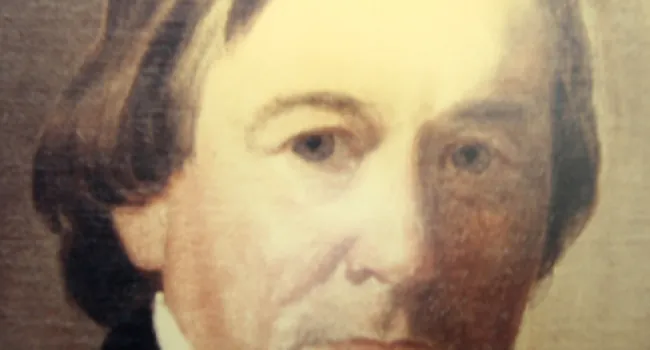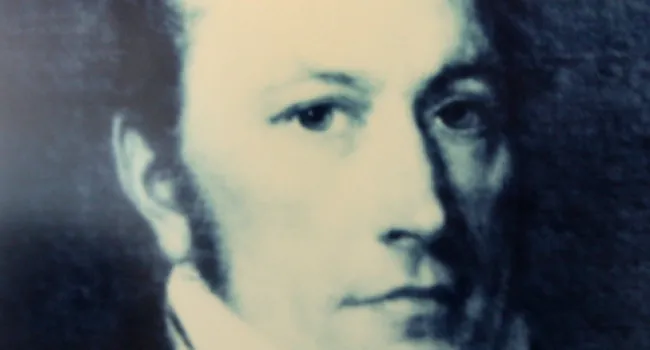In 1862, Robert Smalls, an enslaved crew-member of the CSS Planter, steals the boat, sails it past the heavily armed defenses of Charleston Harbor in South Carolina and delivers it into the hands of the Union forces further out. The bold act makes Smalls a hero in the North, an outlaw throughout the Confederacy and a powerful symbol of hope and freedom to the enslaved people of the South.
Smalls was a founding member of the Republican Party in S.C. and was a delegate to the 1868 Constitutional Convention. He was elected to the S.C. House, and the S.C. Senate, and the U.S. House. In 1895, Sen. "Pitchfork" Ben Tillman, a former governor of S.C., became the ring leader of the convention that would wipe out the reforms of the 1868 Constitution. Smalls and the other five black delegates attending the Convention delivered speeches on the rights of African Americans. In the end, Tillman got what he wanted and the S.C. Constitution of 1895 was ratified. African Americans were robbed of the rights that define a true democracy.
This video contains sensitive content which may not be suitable for some viewers. Audience discretion is advised.
Standards
- 4.4.CE Explain the effects of military strategies utilized by the Union and the Confederacy.
- This indicator was developed to encourage inquiry into the effects of military strategies to include but not limited to : wartime technologies, the Anaconda Plan, conscription, and Sherman's March to Sea.
- 4.4.CX Contextualize South Carolina’s experience during the Civil War.
- This indicator was developed to encourage inquiry Ito the relationship between the Civil War and the experiences of women, African Americans, and the planter class in South Carolina.
- 8.3.CE Examine consequences of the major Civil War military strategies.
- This indicator was designed to encourage inquiry into the Civil War focusing on the impacts of military strategies and major turning points on South Carolina and the U.S.
- 8.4.CC Analyze continuities and change in the African American experience in the period of Reconstruction and Jim Crow eras within South Carolina.
- This indicator was developed to encourage inquiry into the successes and failures of Reconstruction, beginning with the Port Royal Experiment, in South Carolina. This indicator was written to explore development of the Constitutions of 1868 and 1895 and to analyze the evolution of restrictions for African Americans from the Black Codes in 1866 through the Plessy decision in 1898.
- USHC.2.P Summarize the impact of technological changes and social developments on the U.S., including the Civil War, during the period 1815–1865.
- This indicator was developed to encourage inquiry into how technology fostered the growth of the cotton industry, the factory system, and urban centers. In addition, this indicator facilitates inquiry into how the Abolitionist Movement and Women's Rights Movements encouraged reforms.











